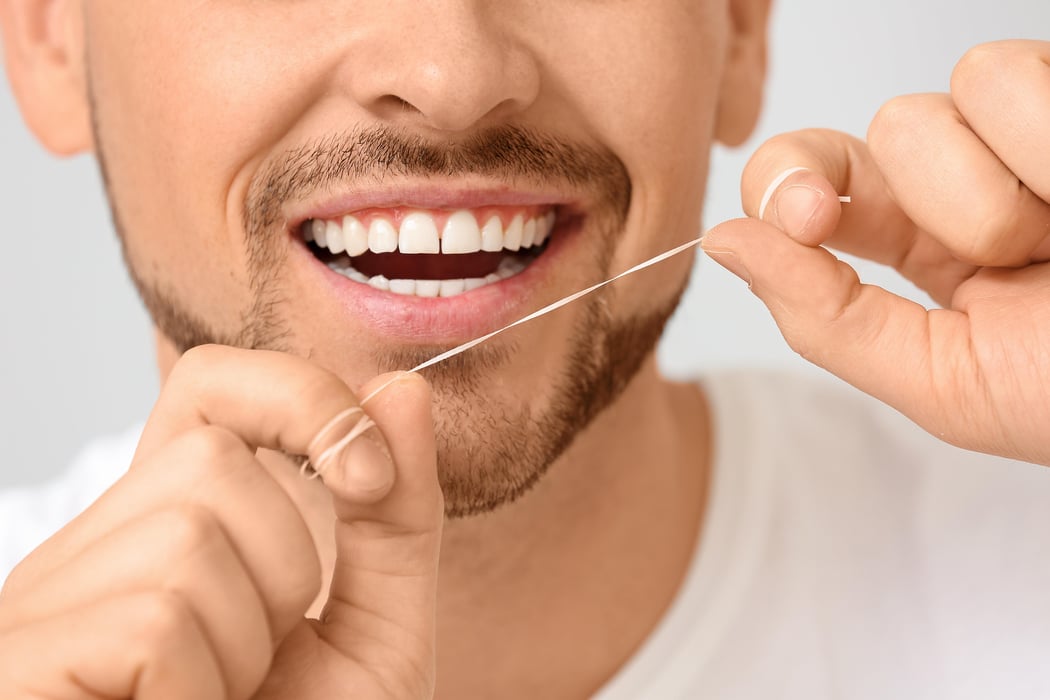Getting Your Gums Cleaned Could Mean Better Outcomes After Heart Attack

MONDAY, Sept. 19, 2022 (HealthDay News) -- While dental and medical care are thought to be related, researchers wondered what impact oral care might have on a serious heart condition.
A University of Michigan team studied more than 2,000 patients who had a heart attack in 2017. The patients had either received periodontal care, dental cleanings or no oral care between 2016 and 2018.
Those who had no dental care had the longest hospital stays after their heart attacks, the study found. Meanwhile, patients who received regular periodontal care had the shortest hospital stays and more follow-up visits in the next month.
"Dentistry is often practiced in isolation from overall health care," said study co-author Dr. Romesh Nalliah, associate dean for patient services at the U-M School of Dentistry in Ann Arbor.
"Our results add weight to the evidence that medical and dental health are closely interrelated," he said in a university news release. "More and more studies like ours are showing that it is a mistake to practice medicine without the thoughtful consideration of the patient's oral health."
There was no statistically significant difference between the group that received gum care and cleanings compared to those who had no dental care, according to the study.
While the study did not establish a cause-and-effect relationship between gum disease and heart disease, Nalliah said this type of research adds weight to the understanding that oral health and overall health are related.
The findings were drawn from a database that included 2,370 patients who fit the study criteria.
Of those, about 47% received regular or other oral health care. About 7% received active periodontal care, such as root planing and scaling. About 10% received periodontal maintenance care. More than 36% did not have oral care before their heart attack.
Nalliah said better communication between medical and dental teams could promote early intervention to ensure stable oral health in patients with risk factors for heart disease.
"It is important to include dental care in routine medical care and this means insurances must facilitate this connection rather than offer dental insurance as a separate add-on coverage," he said.
The findings were recently published in the Journal of the American Dental Association.
More information
The American Heart Association has more information on dental care and heart disease.
SOURCE: University of Michigan, news release, Sept. 15, 2022
Was this page helpful?
Was this page helpful?
Was this page helpful?
Was this page helpful?
Was this page helpful?
Was this page helpful?
Was this page helpful?
Was this page helpful?
Was this page helpful?
Was this page helpful?
Was this page helpful?
Was this page helpful?
Was this page helpful?
Was this page helpful?
Was this page helpful?
Was this page helpful?
Was this page helpful?
Was this page helpful?
Related Posts
There’s Almost Nowhere in the World Free of Air Pollution
TUESDAY, March 7, 2023 (HealthDay News) -- A new study is enough to take your...
Probability of False-Positives Lower With Digital Breast Tomosynthesis
WEDNESDAY, March 30, 2022 (HealthDay News) -- The 10-year cumulative...
Healthier Diets Cut ASCVD Risk by 10 Percent in Eight Weeks
TUESDAY, Dec. 6, 2022 (HealthDay News) -- Dietary Approaches to Stop...
Omicron Linked to Increase in COVID-19 Cases, Lower Disease Severity
THURSDAY, Jan. 27, 2022 (HealthDay News) -- COVID-19 cases have increased with...
